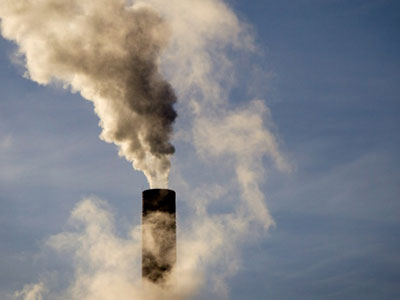Land Research - Case Study
High Court action alleging pollution of agricultural land
LRA’s director, Malcolm Reeve received instructions from solicitors acting for three industrial companies, to investigate and report on the soil and land aspects of a long-running High Court claim. The claim alleged that emissions from factory chimneys had polluted the land of a North Midlands farm, causing loss and damage to the farming business through detrimental effects on farm livestock.

LRAs investigation comprised a targeted soil sampling strategy encompassing the claimant’s farm plus farms with similar soils and geology within the district (identified through a detailed desk study). The topsoil samples collected were analysed for the specific elements named as pollutants in the High Court action but the results showed no evidence that soil concentrations of those elements were elevated above background levels, except in a small number of fields.
Further investigation of these fields showed that one had been contaminated by filling a former brick pit with coking waste, three had been affected by run-off or dust from an adjacent tip and one had been regularly affected by deposition of contaminated sediment during flooding by a polluted river (the effects on grazing livestock of the last of these was recognised by neighbouring farms). The proof of evidence prepared by Malcolm Reeve concluded that these sources of contamination, not mitigated by any change in agricultural practice, were likely to have been the main cause of detrimental effects on farm livestock.
On the basis of this evidence and the evidence of a number of other specialists, the client successfully petitioned the legal aid board that there was no case to answer, and the High Court action was withdrawn.
